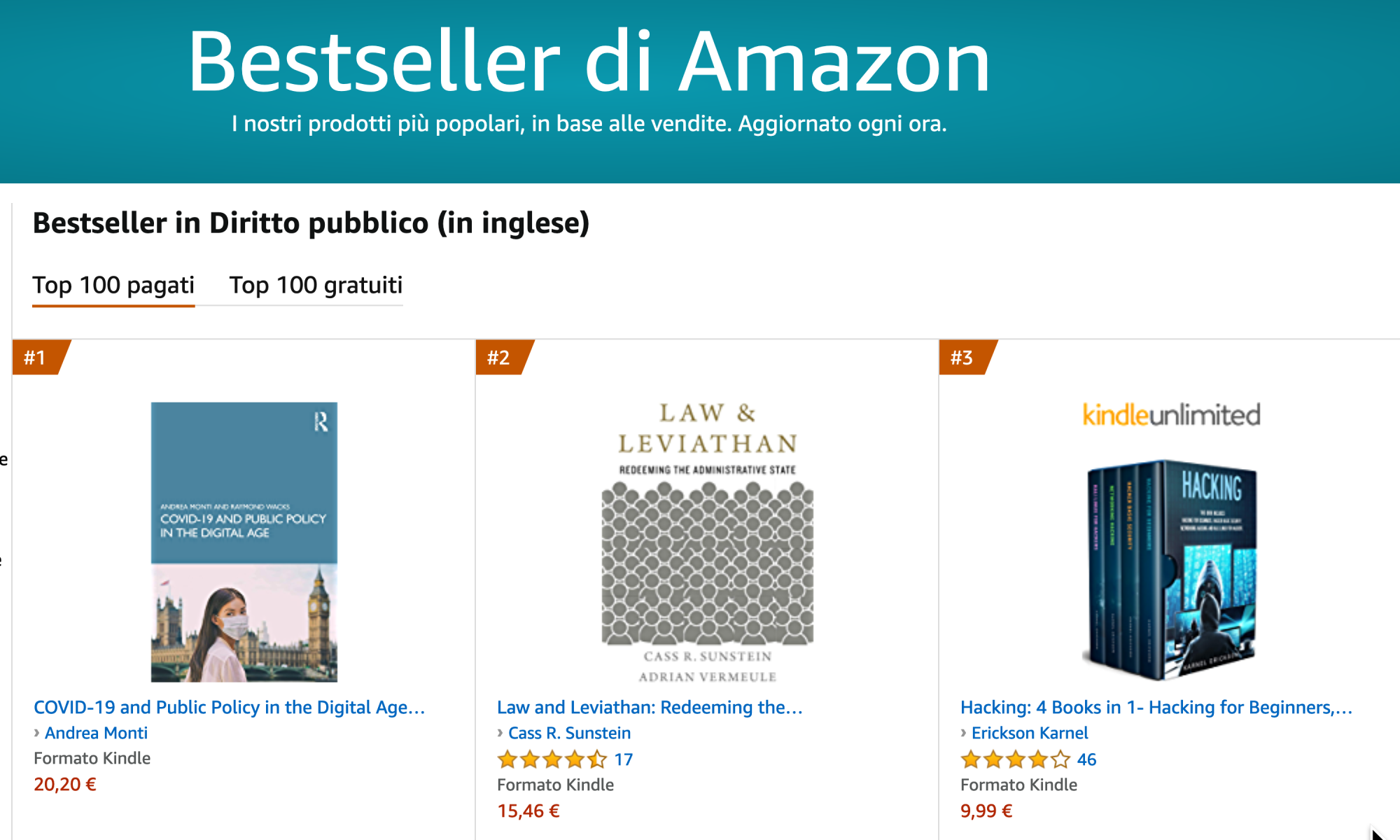Peter Doshi’s (denied) request for access to the raw data of the vaccine trial published in the British Medical Journal is a starting point to analyse on the delicate relationship between science and the media by Andrea Monti – Originally published in Italian by Scienza in rete
Those who practise the scientific method have the stubborn habit (incomprehensible to most) of drawing conclusions from the analysis of data according to the criteria of a research hypothesis and applying a method that allows the inter-subjective verifiability of the results.
This mental attitude is diametrically opposed to those who base their opinions and – worse – decisions on ‘trust’ (often turned into ‘faith’) and therefore on the authority of various eminences. I do not criticise this attitude in the religious sphere, but in the secular one, that of science, yes. If a dogma exists in the practice of science, it is that of the methodical doubt, together with that of the absence of certainty. An experimentally verified theory is valid as long as it is valid. It happened to give an example of which expertise overflows outside the laboratories, with Newton’s gravitation and quantum mechanics. Continue reading “Peter Doshi and vaccines data: “trust but verify”

